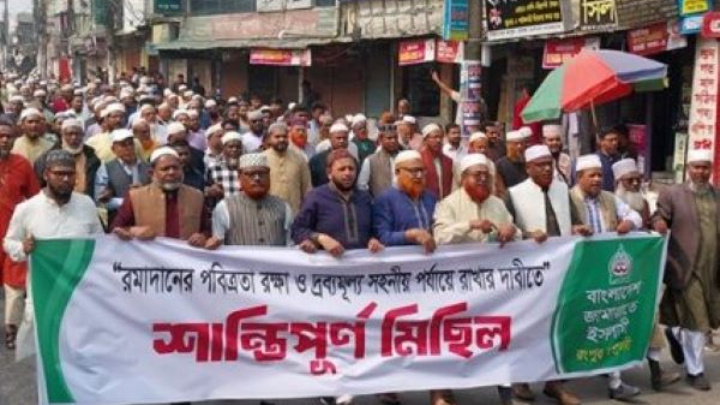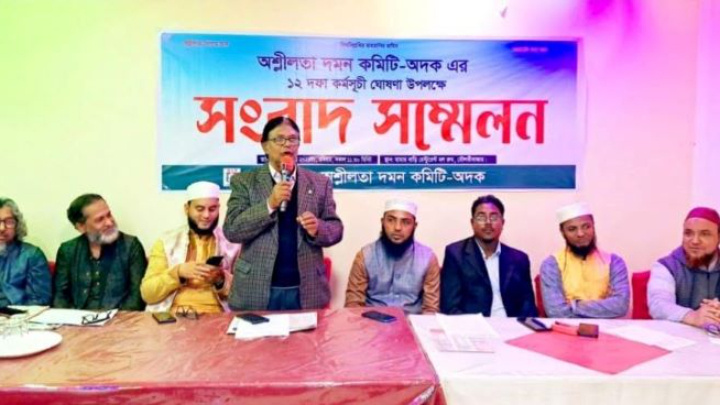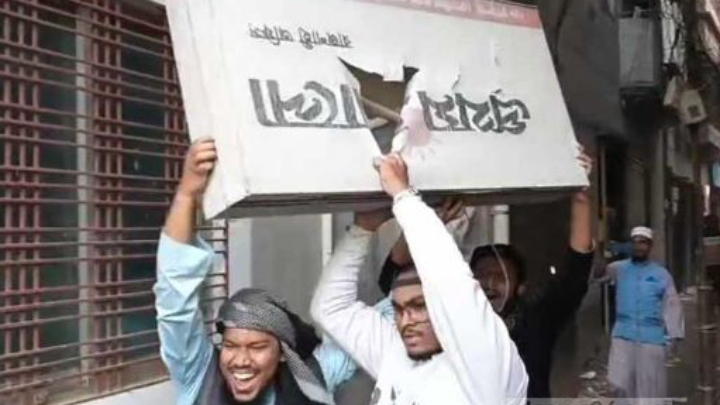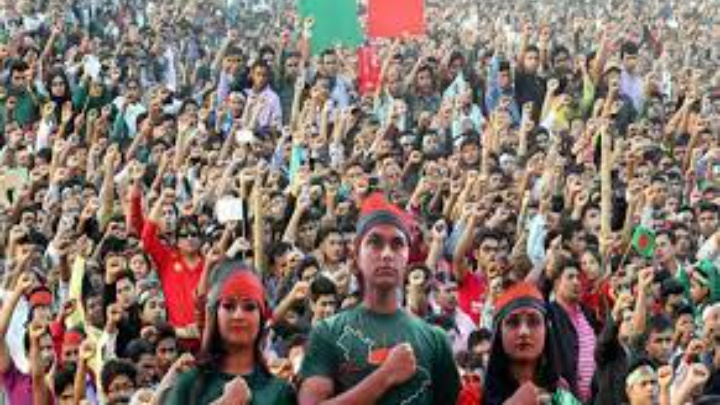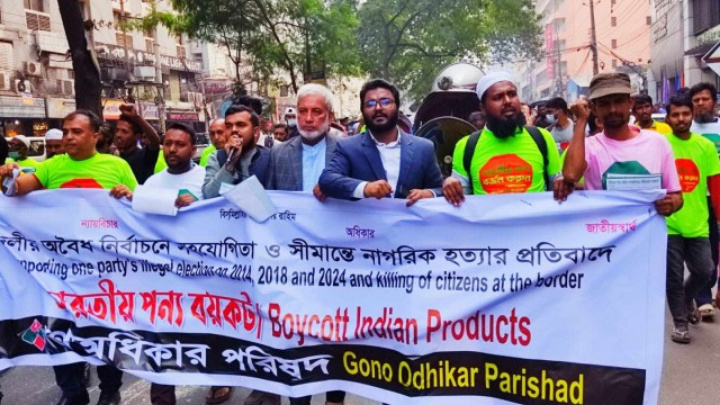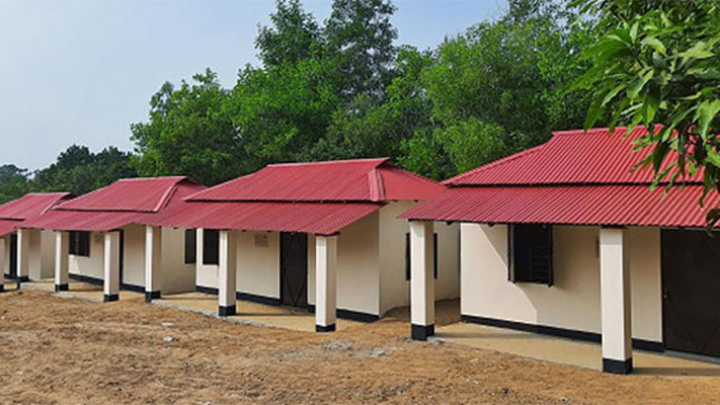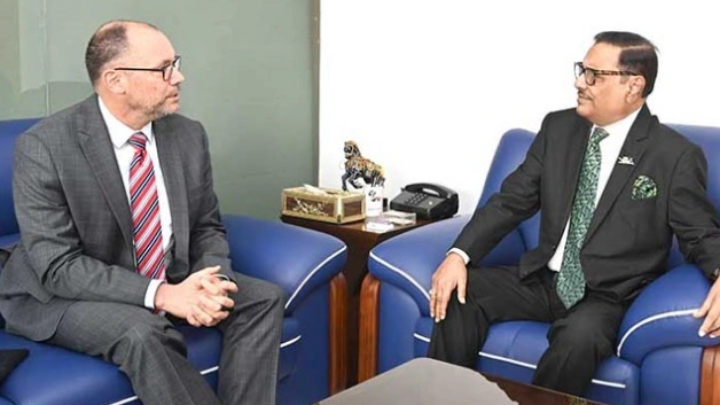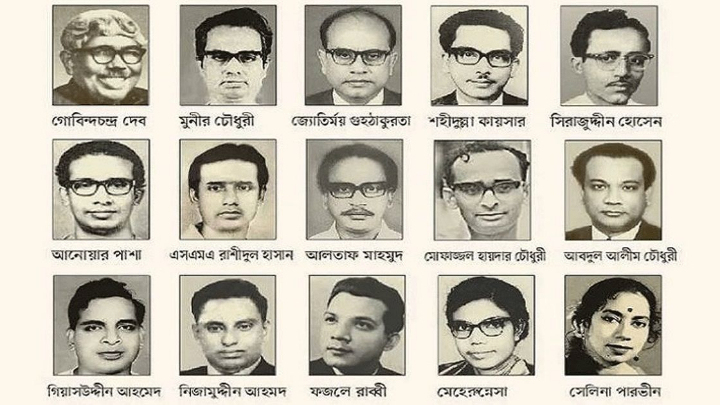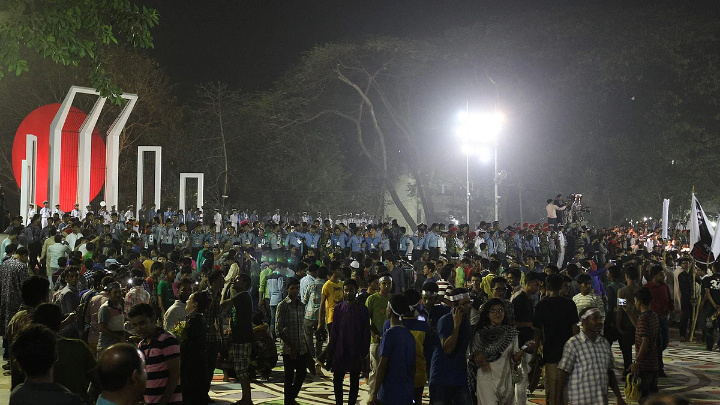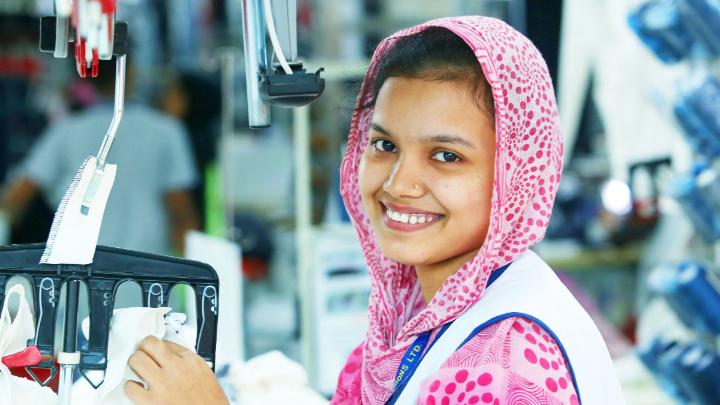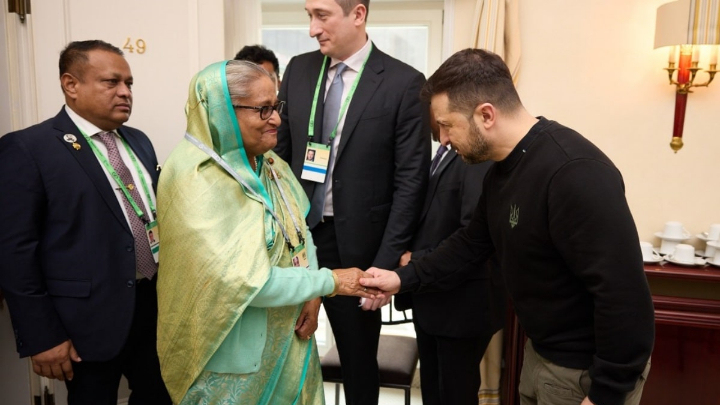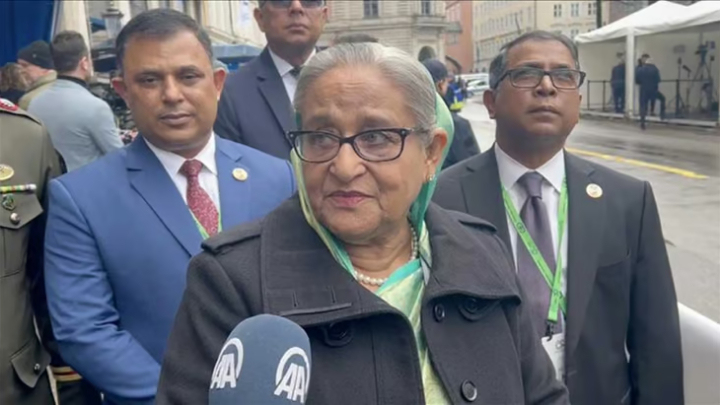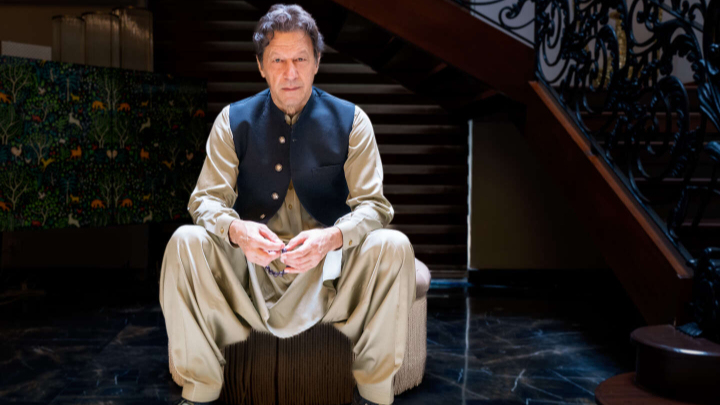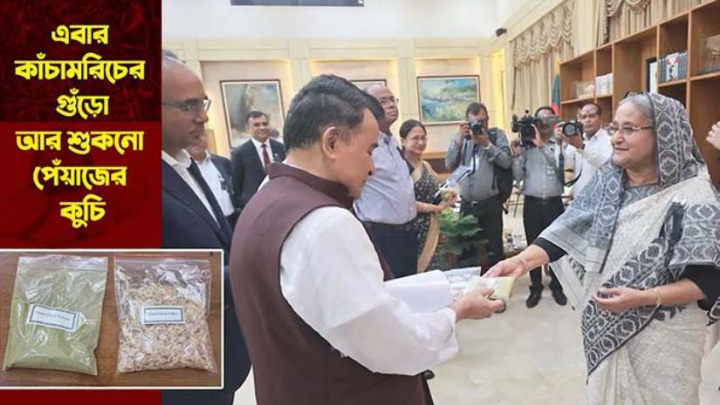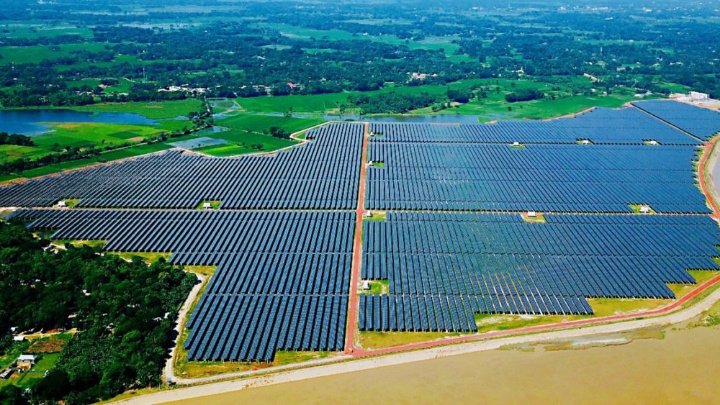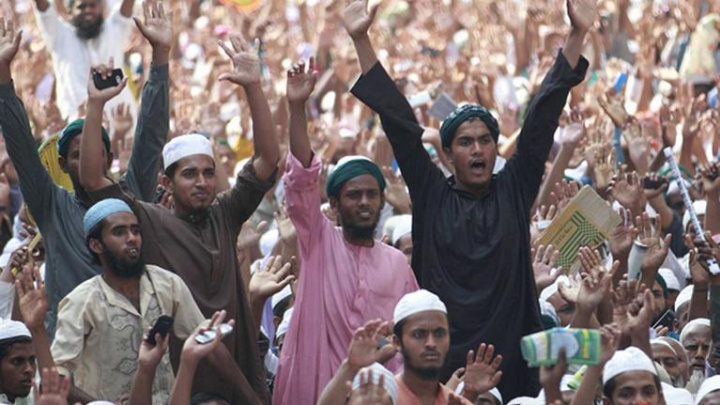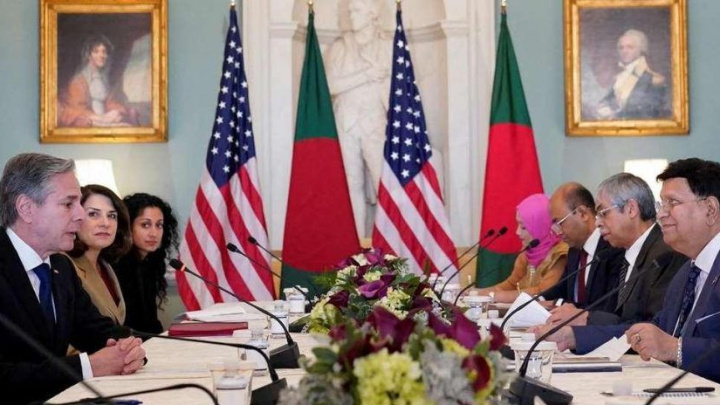50 years of relationship
Bangladesh has never failed to repay World Bank loans
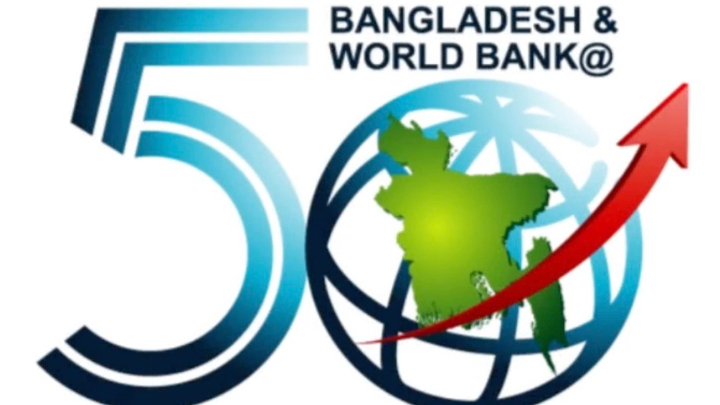
In 50 years, Bangladesh never defaulted on World Bank loans. Despite early doubts, it achieved 7.7% GDP growth in 1974 and 2018-19. The country, praised for its loan repayment and project implementation, received over 41 billion in grants and loans. Strategic management ensures timely repayments amidst development challenges.
It was very difficult to predict in 1971 what the future economy of newly born Bangladesh would resemble. At that time, leading economists worldwide proclaimed that Bangladesh had no chance of survival. Bangladesh had to endure famine, disease, sorrow, and civil war.
Norwegian economist Joost Faland became the first resident representative of the World Bank in Bangladesh in 1973 and 1974. Though not formally associated with the World Bank, he was sent to Dhaka to analyze Bangladesh's overall economy.
He noted that the population growth rate surpassed Bangladesh's economic growth rate, and even with a 2 percent growth increase, the nation would remain dependent on foreign aid.
However, in 1974, the country experienced a per capita GDP growth of 7.7 percent. Yet, this was short-lived, as Bangladesh fell under military rule for about 15 years. It wasn't until 1991 that the country returned to a democratic system. Nonetheless, it took Bangladesh 45 years to achieve a 7.7 percent growth rate for the second time. The second instance of 7 percent growth was recorded in 2018-19.
Despite various negative indicators, Bangladesh has fulfilled all its obligations to the World Bank as a development partner over the last 50 years. Currently, ongoing projects funded by loans are being serviced as scheduled.
In contrast, several countries considered more advanced than Bangladesh have become defaulters in repaying World Bank loans. Among them are countries such as Pakistan, Sri Lanka, and Zimbabwe.
Recently, the World Bank's Managing Director, Anna Bezard, expressed her satisfaction with Bangladesh's performance. She commended Bangladesh's excellent project implementation and debt repayment record despite global economic challenges.
Bezard noted that the World Bank was one of the initial development partners to aid Bangladesh after its independence. Since then, the World Bank has pledged over 41 billion to Bangladesh, mostly in the form of grants or concessional loans to be repaid over time.
Thankfully, Bangladesh has not defaulted on any loan payments thus far. The country's development projects are making tangible progress even amidst adversity, with timely loan repayments.
Economists emphasize that many of Bangladesh's development projects are financed by foreign loans. However, the returns from these projects are also substantial. For instance, the toll revenue from Padma Setu is used year after year for debt repayment. This strategic approach enables project implementation and debt repayment even during crises.
